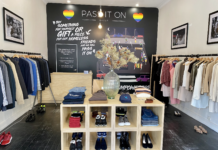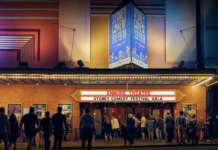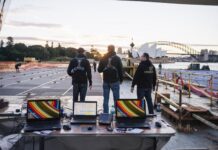Ronnie Kahn started the OzHarvest food rescue project in 2004 after being inspired by a visit to the townships of Soweto in her native South Africa. With OzHarvest set to click into its third decade of operation next year, Urban Village spoke with Ronni and found out that she is nowhere near finished with her mission.
At the beginning of the interview with Ronni Kahn, she shows me a new app on her phone where people at OzHarvest can check the crucial metrics on what the organisation is doing.
As we begin to talk we look at the numbers. For the week, and we are meeting on a Wednesday, OzHarvest has so far delivered 104,114 meals, bringing the total number since the organisation was founded to just under 122 million.
We agree to check the metric again at the end of the interview, and start our discussion with some of the new OzHarvest initiatives and the goal of halving food wastage in Australia by 2030.
“I created OzHarvest to solve a problem, and that is that people are hungry and yet 30 percent of all food is wasted,” says Ronni.
“So there is no end of ways that we can address the problem, and every single new program that we have is about adding an impact that will help reach a solution.”
At the Surry Hills Shopping Centre, for example, Juice for Good machines are using imperfect and rejected oranges dispensed in freshly squeezed juice from a vending machine.
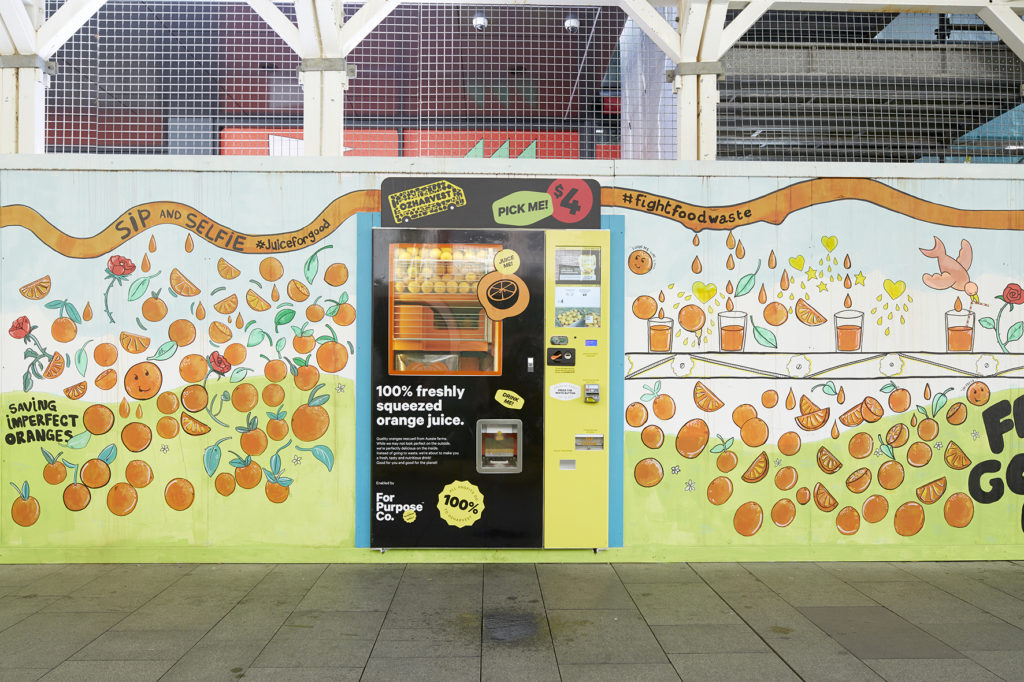
This is part of the new for-profit venture ForPurposeCo, where the financial proceeds will be invested in a range of other projects all designed to minimise food waste and make an impact on the productivity and sustainability of agriculture.
“Juice for Good machines are popping up all over,” says Ronni.
“Innovation is part of our DNA and we are always looking for new ways to sustain OzHarvest, but also bring new ideas into the market.”
Not far from the Urban Village stomping ground and over on Anzac Parade at Kensington, OzHarvest is operating Australia’s first ever pop up rescue food supermarket in property made available by the TOGA Group.
In rural communities, where people are one third more likely to experience food insecurity than city dwellers, OzHarvest launched a new app in July which helps divert food waste back from landfill to those in need, connecting business and charities to facilitate regular donations.
All of these components are part of a successful model which can be rolled out around Australia, and ultimately the world.
Already, OzHarvest is set to expand into New Zealand, South Africa and also the UK after an invitation from the Duchess of Cornwall.
“She loved our model and said ‘you should bring it here,’’ says Ronni.
“Nobody says that to me without me following them up. We have a model and if people want that model then they need to tell us and we’ll help them to roll it out, because everything we do here is totally scalable.”
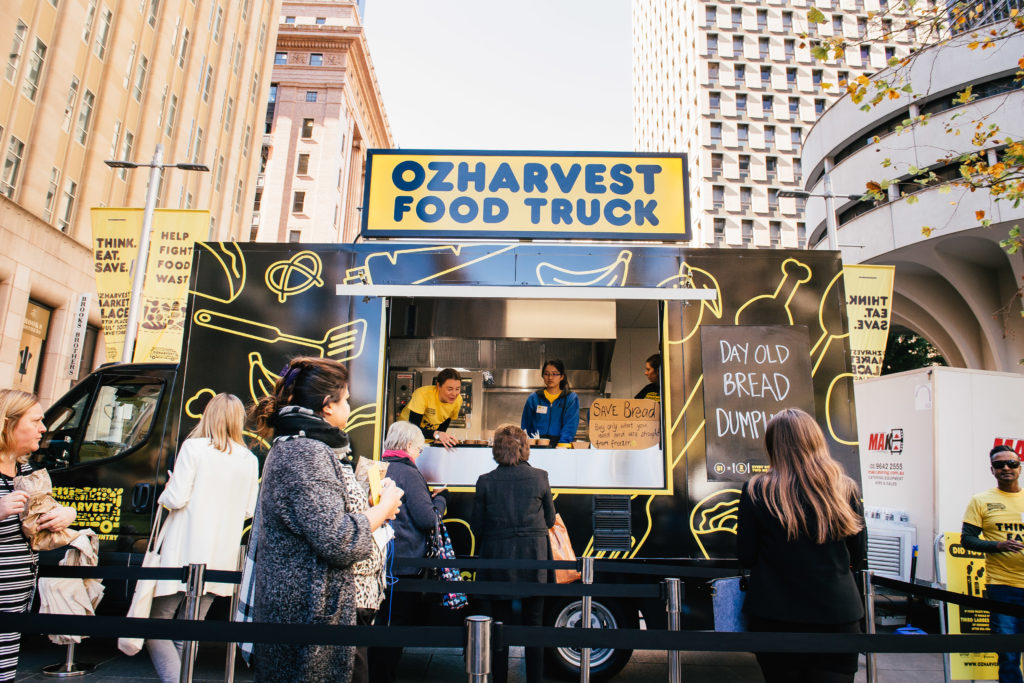
If Ronni Kahn is driven, it is because there is plenty to drive her.
The figures she is able to roll off are sobering. In Australia 4 million people need food relief, and $20 billion in food goes to waste each year.
Over 5 million tonnes of food ends up as landfill, enough to fill 9,000 Olympic sized swimming pools. One in five shopping bags end up in the bin or $3800 worth of groceries per household each year and 35 percent of the average household bin is food waste
After discovering that her mission was in food rescue, Ronnie knew that her life would never be the same again.
“Many times people tell me they wish they could find their meaning and their purpose,” she says.
“Often these answers are so close to us. It is an issue which irritates us but is a challenge, and instead of saying you wish someone would fix it maybe you can become the fixer yourself.
“And in my case I started on that road and found something that I wasn’t completely expecting, and the problem that I saw turned into my life’s calling.”
As a result of Ronnie’s efforts, OzHarvest has become a phenomenon as corporate donors jumped aboard along with 2000 volunteers.
Today, Ronni operates not just a food rescue company but a supermarket, a lobby group, a research and development incubator for new ideas and a transport logistics company with a fleet of trucks.
When Woolworths come they say come at this time,” she says. “If we didn’t come there wouldn’t be food.”
OzHarvest also operates education programs, and corporates bring teams to cooking lessons and team building sessions at the Alexandria base, raising money for OzHarvest in a classic win-win.
There are also 180 paid employees at OzHarvest, people who Ronnie says “have made a choice to work for meaning and purpose rather than simply making a living.”
For these people, and for the whole OzHarvest operation, Ronnie describes herself as a “catalyst.”
“I thought that I would fix my little patch and that would be good enough,” she says.
“But my little patch grew to be something bigger, and I’m in awe that I’ve been able to trigger something and be a magnet for so many magnificent people who have made such a change.
“You do need to have a captain, and yes that has been me, but you need all the pieces of the boat and that has what happened as people have come aboard.”
For the future, Ronni is not ready to stop because she recognises that even though OzHarvest has made a significant contribution, there is still an enormous amount to do.
“The goal is to minimise hunger and homelessness, to protect our planet and the people on it so to that end I think we will be here for a while yet,” she says.
“We are going to do our best to find every single angle that we can to achieve those goals.”
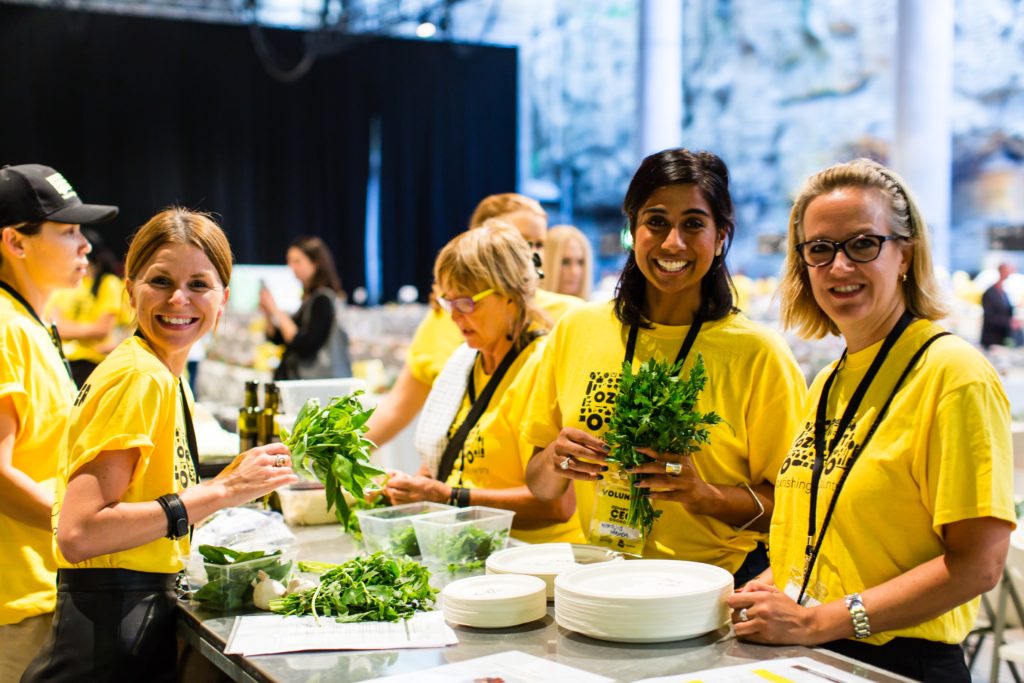
The food system, she says, is “broken” in a convenience driven society in which complacence is the dominant human driver.
“We are not mindful or thoughtful of the value of good,” she says,
“We should be paying much more for our food. Think of an apple you buy at the supermarket, it is worth so much more than the 50 cents you might pay.
“Think of what it costs to grow it and nurture it and transport it to you, so we need to appreciate it and not just take a bit and throw it away.”
The interview done, we check the app. Another 113 meals delivered in the tune that we’ve been talking, which is in itself a cause of optimism.
“Yes I am optimistic, because I see people becoming less complacent,” says Ronni.
“There is a groundswell for change and the challenge is whether our politicians and the people who lead us have not heard our voice loud enough yet.
“But we will get through to them, you better believe it.”
—
Visit the OzHarvest website for more details.



